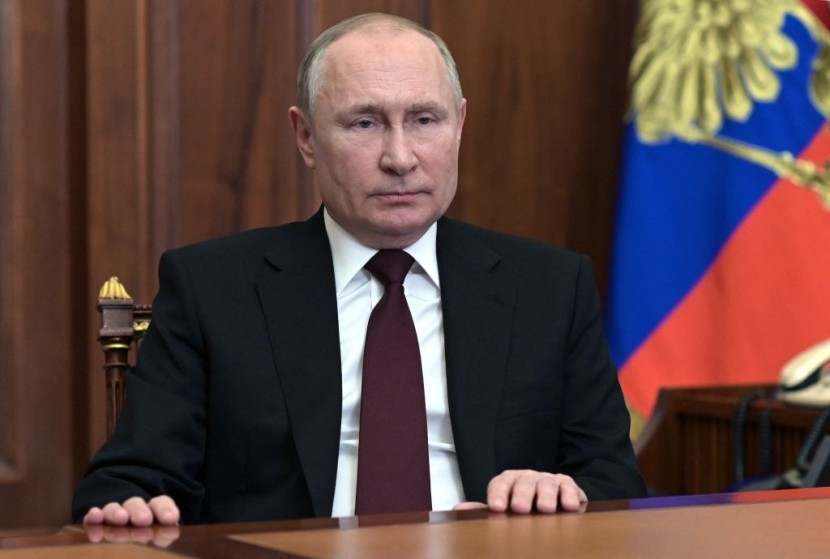
Russia's aggression and deployment of "peacekeeping" forces to two breakaway regions in eastern Ukraine has already resulted in stock prices going out of control.
On Tuesday, Russian stocks whipsawed and the ruble rebounded from a near record low after investors reacted to President Vladimir Putin's recent orders. It was reported that Moscow's MOEX stock index recovered from heavy losses by shedding more than 10% on Monday, which brought total losses so far this year to roughly 20%.
Russian Stock Market
On the other hand, the ruble fell to 81 versus the U.S. dollar on the same day, nearing a record-low, before recovering. The situation has forced Russia's central bank to announce measures in order to assist banks, such as a provision that will let them use last Friday's prices for stocks and bonds when reporting their financial positions.
In a note to clients, analysts at JPMorgan Chase said that they were expecting further declines near-term in the Russian stock market. Experts argued that without Putin's order to march into eastern Ukraine, the damage to the markets and economy would be limited, as per CNN.
However, some believe that if the Russian president continues his acts of aggression into its neighboring nation, his country would pay a higher price. These consequences could be brought by further sanctions from the United States that cut off banks from the global financial system.
Read Also : US Official Sees Russia 'Beginning' Its Invasion, But Ukraine's Economy Already Suffers Due to 'Hybrid War'
Investors have reacted by selling riskier assets and hiding in safer ones, resulting in volatile futures trading that lasted for hours. Chris Weston, Pepperstone's head of research, said, "Trading in a headline-driven market is not for everyone, it requires a dedication to being in front of the screens, an understanding of what is noise and what is signal, and an ability to keep emotions in check."
According to Market Watch, in an early Tuesday note, Strategists led by Dubravko Lakos-Bujas said that the tension between Russia and Ukraine is low earnings for U.S. corporates. However, the energy price hike with the aggressive central bank move focused on inflation could further dampen investor sentiment and growth outlook.
Peacekeeping Forces
The situation comes after a slew of sanctions have hit Russia and the two breakaway regions in eastern Ukraine that are led by pro-Russia separatists. Several countries have already ordered such moves, including the US, Japan, and Australia.
The three nations stated above, along with the European Union, Britain, and Canada, have announced plans to target banks and wealthy individuals while Germany ordered the halt to a major gas pipeline project from Russia called Nord Stream 2 amid one of the worst security crises in Europe in decades.
On top of the sanctions, United States President Joe Biden ordered the repositioning of additional American military troops to the Baltic nations on NATO's eastern flank that borders Russia. The order was made to show the regions that the U.S. would be supportive and provide protection in case Russia commits further acts of aggression into neighboring regions despite the economic sanctions for its decisions, Aljazeera reported.
Related Article:
© 2026 HNGN, All rights reserved. Do not reproduce without permission.








